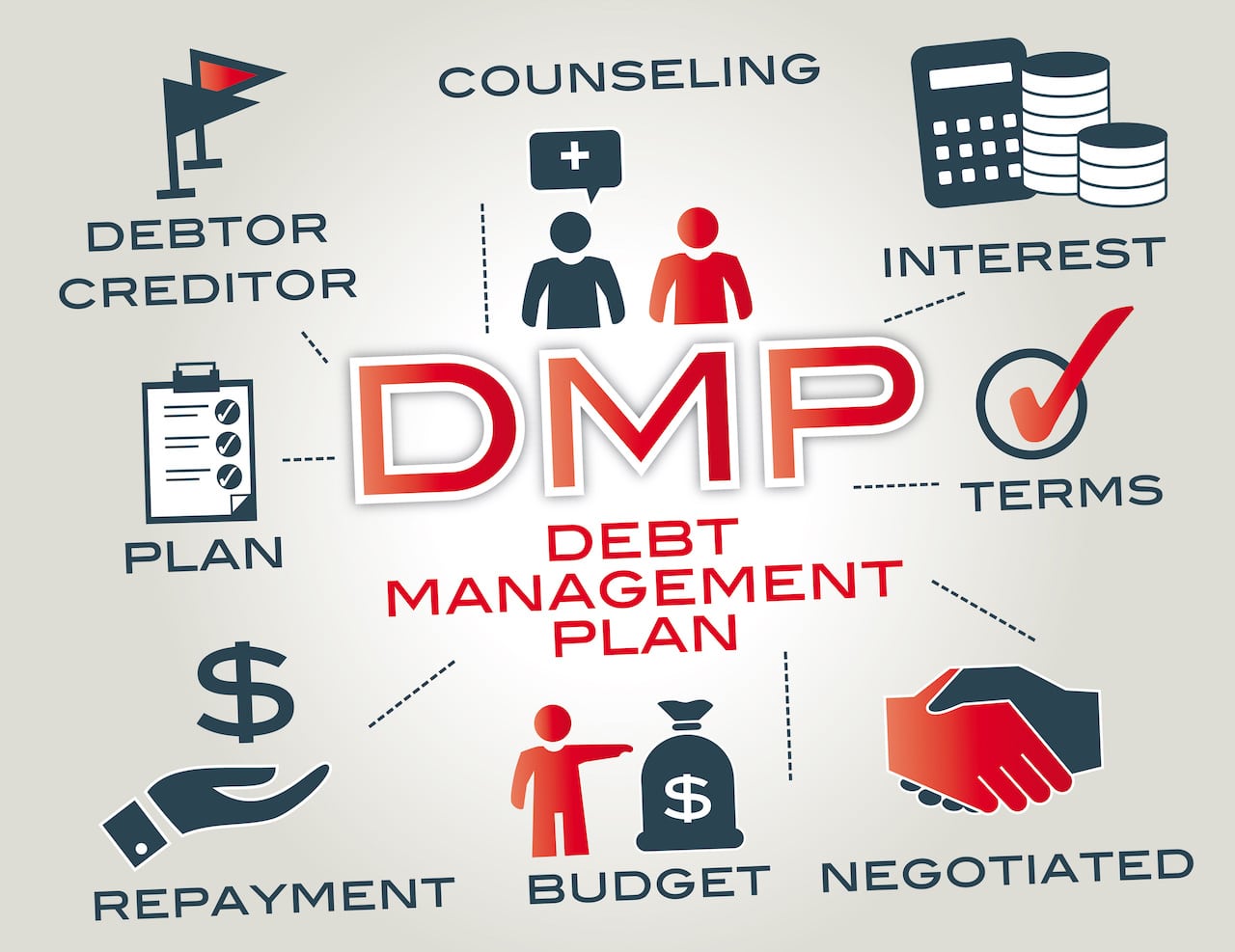Maximize Your Financial Potential with Professional Debt Management Plan Services
Maximize Your Financial Potential with Professional Debt Management Plan Services
Blog Article
Specialist Tips and Techniques for Implementing an Effective Debt Monitoring Plan
When it comes to browsing the intricacies of financial debt management, having a well-thought-out strategy is crucial for achieving monetary stability. From examining your existing economic standing to working out with lenders, each step plays an essential duty in forming an effective financial debt monitoring strategy.
Assessing Your Existing Financial Scenario
Prior to starting a financial obligation administration plan, it is essential to thoroughly evaluate your existing monetary standing. Comprehending your monetary situation is the fundamental action towards effectively taking care of and lowering your financial obligation. Begin by compiling a detailed checklist of all your financial obligations, including outstanding equilibriums, rates of interest, and minimal month-to-month repayments. This will certainly give a clear introduction of the extent of your economic responsibilities. Additionally, analyze your earnings resources and regular monthly expenses to identify your disposable revenue available for financial debt repayment.

Establishing a Realistic Budget Plan
Recognizing your present monetary scenario lays the foundation for developing a sensible spending plan that lines up with your debt management goals and economic abilities. When creating a budget plan, it's vital to accurately track your revenue, costs, and financial debt responsibilities. By classifying your costs, you can recognize areas where you might need to reduce back to free up funds for financial obligation settlement.

Focusing On and Taking On Debts
To effectively regain control of your finances and work towards financial stability, prioritizing and tackling your debts is a vital action in your financial obligation administration strategy. Begin by providing all your financial obligations, consisting of credit scores cards, finances, and any kind of various other outstanding balances. Identify high-interest financial debts that are costing you one of the most cash and focus on paying them off initially. By concentrating on these high-interest financial obligations, you can save money over time and decrease the total quantity you owe.
After recognizing your high-interest financial obligations, consider making use of methods like the financial debt snowball or debt avalanche approach to pay them off systematically. The financial debt snowball method entails settling the tiniest debts first, while explanation the financial debt avalanche technique focuses on debts with the highest possible rates of interest. Pick the technique that straightens best with your monetary objectives and inspires you to maintain making progress.
Furthermore, take into consideration working out with financial institutions for lower rate of interest prices or setting up a repayment strategy if you're struggling to satisfy your existing commitments. Seeking help from a credit history therapist or economic advisor can likewise give valuable insights and support on just how to effectively tackle your debts - debt management plan services. By prioritizing and addressing your debts tactically, you can lead the means in the direction go now of a debt-free future and boosted financial well-being
Working Out With Lenders
When engaging in debt management, bargaining with lenders is a vital step towards locating equally helpful options for financial obligation payment. Before launching arrangements, it is crucial to have a clear understanding of your economic scenario, including your earnings, expenses, and the complete quantity of debt owed.

Building Healthy And Balanced Financial Practices
Including constant budgeting methods is essential for cultivating healthy and balanced economic habits. Budgeting enables individuals to track their revenue and expenses, enabling them to make educated decisions concerning their financial priorities. Setting certain economic objectives, such as saving for emergencies or retirement, can supply a clear roadmap for taking care of cash efficiently.
One more secret element of structure healthy monetary routines is living within one's methods. This entails spending less than what is made and preventing unnecessary financial obligation. Taking on a prudent way of thinking and differentiating between needs and wants can help individuals make even more sensible costs options.
On a regular basis examining economic declarations and monitoring credit history reports are essential habits that advertise monetary understanding and responsibility. By staying educated regarding their monetary standing, individuals can recognize prospective issues early on and take aggressive steps to address them.
In addition, developing a cost savings habit, despite having percentages, can add substantially to long-term economic protection. Saving routinely not just develops a financial padding for unexpected costs however additionally promotes a sense of discipline and obligation towards finance. By constantly exercising these practices, people can lay a strong structure for a secure monetary future.
Verdict
To conclude, applying a successful financial obligation management plan calls for an extensive analysis of one's financial circumstance, the growth of a reasonable spending plan, focusing on and tackling financial obligations, bargaining with creditors, and building healthy and balanced economic habits (debt management plan services). By complying with these specialist tips and techniques, people can take control of their funds and job towards informative post accomplishing economic security and freedom from debt
Comprehending your existing economic situation lays the groundwork for developing a reasonable budget plan that lines up with your financial obligation administration objectives and economic capacities.To properly regain control of your finances and work towards financial security, focusing on and tackling your financial debts is an important step in your financial obligation administration plan.After determining your high-interest financial obligations, think about utilizing methods like the financial obligation snowball or financial obligation avalanche method to pay them off systematically. The debt snowball approach entails paying off the tiniest financial obligations first, while the debt avalanche method focuses on financial debts with the highest possible rate of interest rates.When engaging in financial debt monitoring, discussing with lenders is a vital step in the direction of locating mutually beneficial remedies for financial debt payment.
Report this page